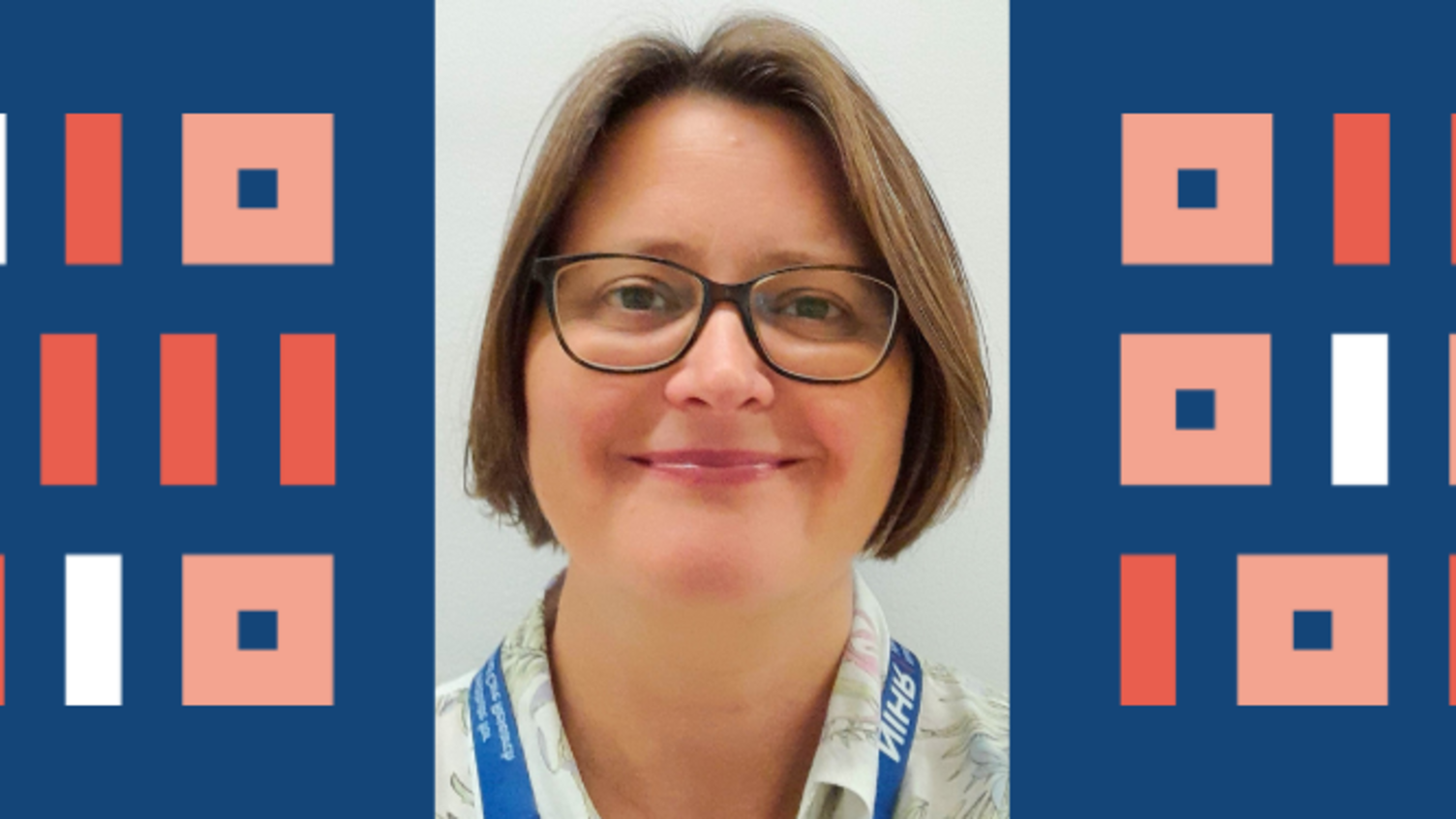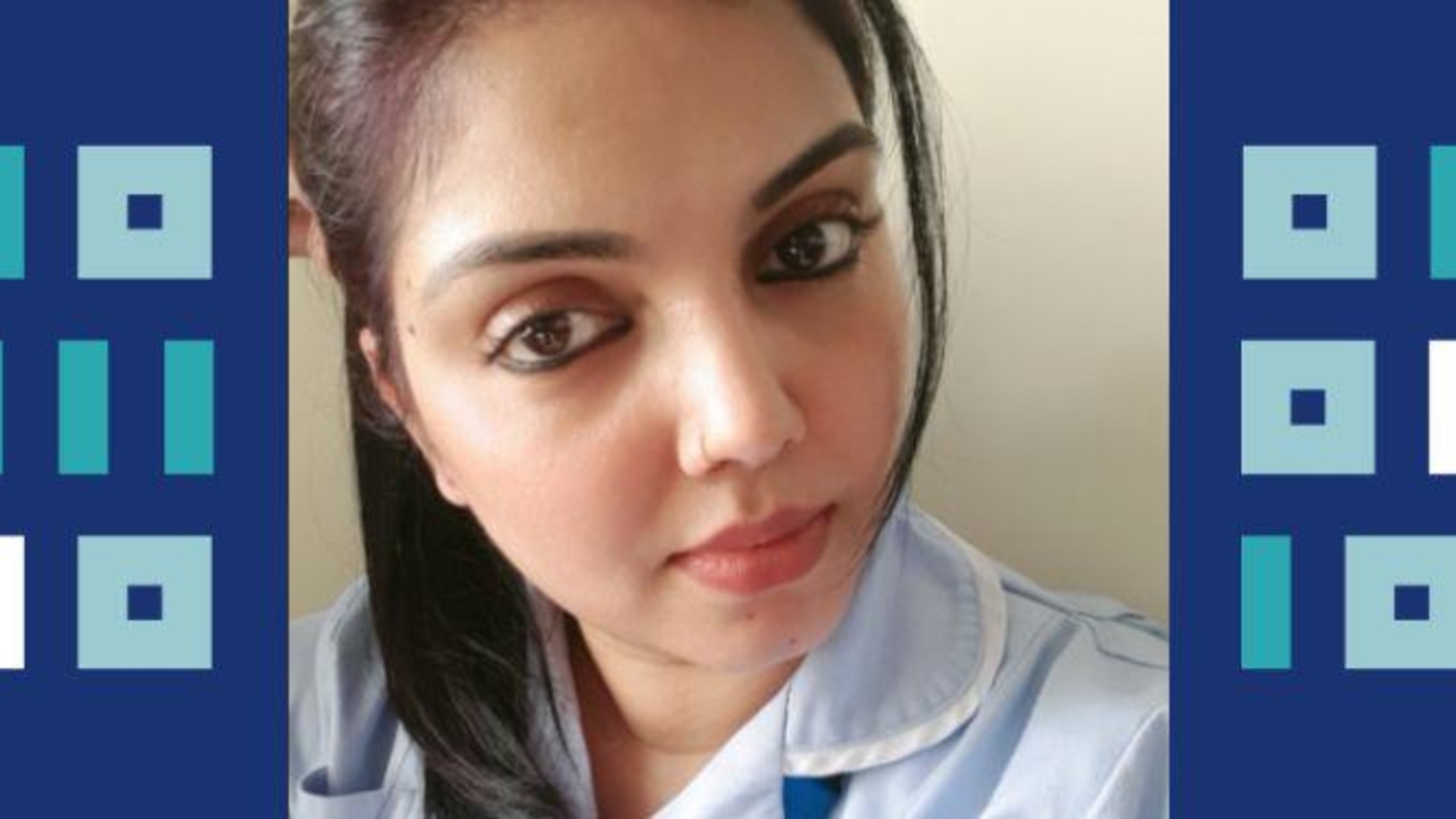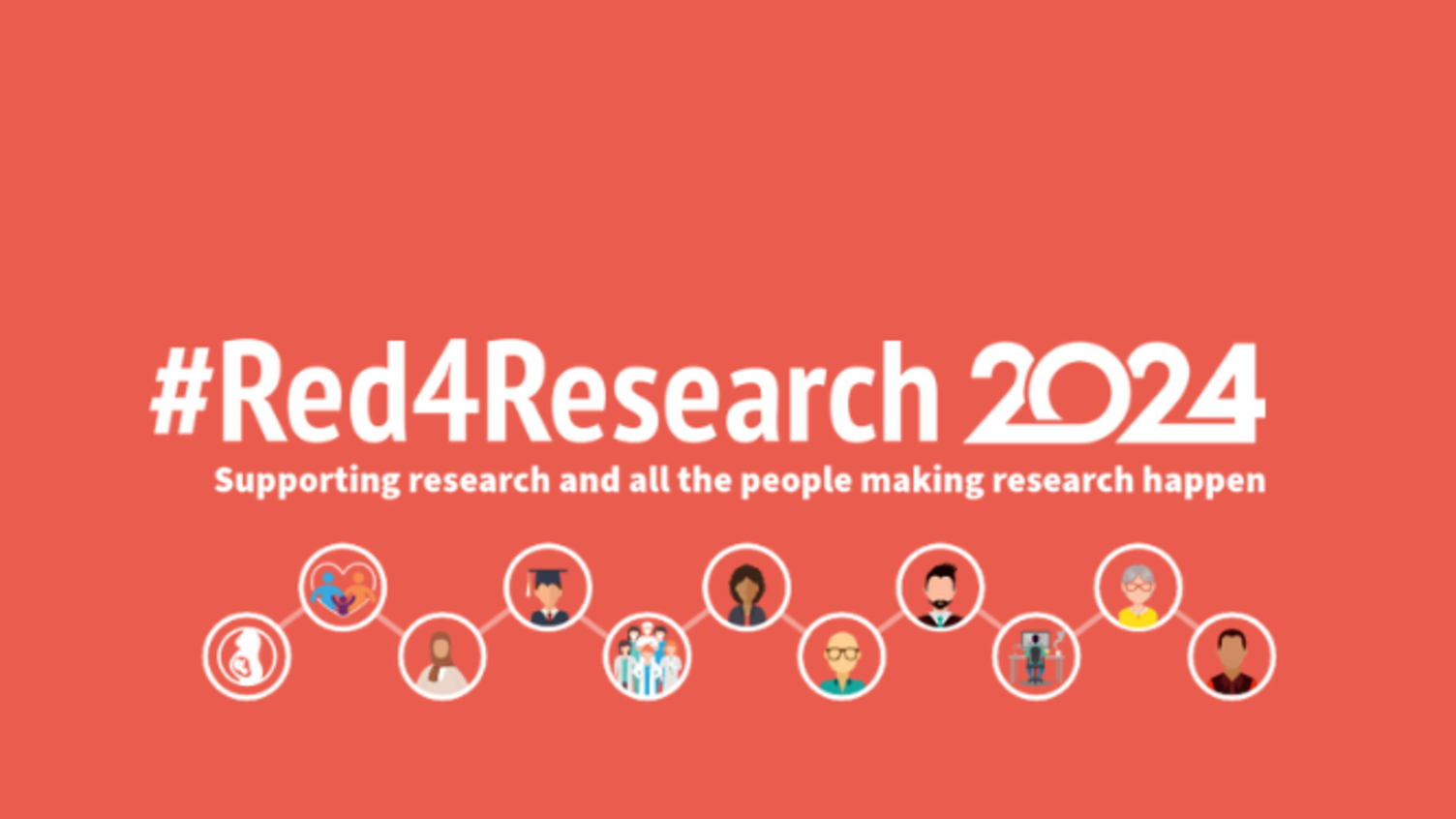Advanced Nurse Practitioner on working in sarcoma research
- 23 November 2023
- 3 min read
Advanced Nurse Practitioner on working in sarcoma research.
Read about Steven Edmunds' path in research.
We spoke to Steven Edmunds, an Advanced Nurse Practitioner at The Royal Marsden NHS Foundation Trust, about his work in sarcoma research for the NIHR's Shape the Future campaign. The campaign aims to celebrate and recognise NHS staff who make research possible.
How did you first get involved in research?
I've always had an interest in medical research since my late teens. Before nursing, I studied biochemistry and undertook work experience in academic, pharmaceutical and NHS laboratories.
What is your role in research, and how do you support research delivery?
I've worked for the sarcoma research team for eight years as a research nurse. Research nurses usually meet potential patients and explain the trials to them, helping people to decide on whether to take part or not in a trial.
When someone has volunteered to take part in the trial, we take on the key worker role. We become the primary contact for patients and are involved in planning, coordinating and sometimes delivering their treatment. Our role means we are always available to support patients with their health and manage any potential side effects of treatment throughout their time on the trial. Over the past year, I have worked as a new Advanced Nurse Practitioner for research. With master's level study and training, I have been able to work as a sub-investigator and see, assess and prescribe treatment independently for patients. This role is a good resource for the wider team and patients, particularly in being a more permanent presence to ensure continuity of care.
What has been the highlight of your research career so far?
For me, it is piloting the role of the Advanced Nurse Practitioner in research, which mirrors practice in other cancer centres. This job represents a novel pathway for research nurse development whilst remaining clinical. As an independent prescriber during the COVID-19 pandemic, I ensured our patients' treatments were uninterrupted.
What skills do you think are needed for a career in research?
An enquiring and questioning mind with attention to detail definitely helps in research. We are also nurses, so good interpersonal skills, empathy and the desire and ability to look after and support patients is key. In research you get to know patients very well due to the number of visits and additional support needs.
Why should other healthcare professionals consider a career in research?
We work in rare tumours, and the only way to improve treatment, survival and our understanding of cancer is through research. Research is constantly evolving, with targeted therapies and new treatment methods (e.g oral and injections over traditional infusions). If you are interested in supporting patients, often with complex needs and want to be at the cutting edge in treatment, then a career in research could be for you.
What are your plans and ambitions for the future?
I will complete my master's in Advanced Practice by the end of the year. I plan to consolidate and expand the Advanced Nurse Practitioner role within the sarcoma team and promote it nationally and within the Trust. As a team, we want to conduct nurse-led research to raise the profile of research nursing and our patients' needs.
Is there anything else you'd like to add?
If anyone wants to attend a clinic to see what the work is like, then approach the research nurses. We are happy to have visitors.
You can find out more about the Shape the Future campaign on the NIHR's website.


